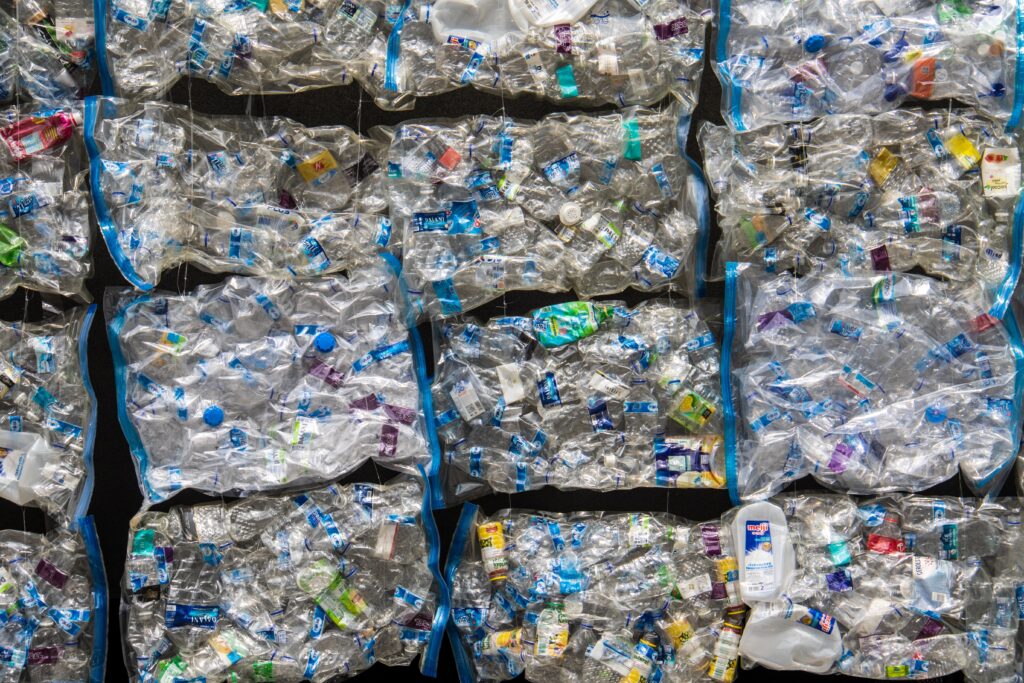Let’s take a trip back to the early 1800s. American cities were eager to create an action plan around preventing the surge of epidemics. Cleaning our streets, collecting trash, treating our drinking water and removing human waste lacked an organizational structure. The biggest problem at the time was finding ways to fund these efforts. Yet cities began taking on a local responsibility and formed Departments of Sanitation to provide such services. These departments were adopted nationwide and innovations in the following decades helped progress the movement toward controlling contagions and keeping our communities clean.
Solutions of the Past – Adaptations to our Waste Removal
As population increased in ancient civilizations like Rome, waste collection teams were established to clean up piles of trash on the street and transport it to designated areas outside of the city. Throughout history, junk removal was imperative in a growing society to prevent pest infestations, keep contaminants out of drinking water and most importantly, combat the spread of the plague and disease.
The idea of recycling and reusing materials was used quite often. Precious metals were often melted and re-caste for multiple uses, wood used for ships and construction were repurposed and organic waste was used for fertilizer and livestock feed. Junk that could not be recycled or reused was often gathered in pits and in some instances burned.
Fast forward to the Industrial Revolution, the rapid increase of innovation in terms of products and machinery led to a large spike of trash accumulation through raw materials and byproducts. This pushed our society into what was known as the “Age of Sanitation.” Cities began to outlaw dumping trash in the streets, dumping in rivers and waterways and pigs were even used as a garbage disposal solution. Dumps and incinerators were collectively incorporated into our cities but problems with emissions and pollutants posed a conflict.
Through much trial and tribulation, we learned a lot as a growing society on how to best manage and dispose of our growing piles of junk.

Present Day – Solving The Growing Pile of Junk
Nowadays, our growth in technology and focus on being environmentally friendly has led to more efficient landfills.
All of the trash piled into our landfills produce methane gas (a powerful greenhouse gas). It’s produced as trash decomposes and could be a problem for climate change as it traps more heat in our atmosphere than carbon dioxide. However, as methane rises from our decomposing trash, landfills have constructed ways to capture and turn it into renewable natural gas. Natural gas can then be used to produce electricity, heat and fuel.
To prevent contamination, liners are used to protect the trash from leeching into the environment and groundwater is continually monitored. Around the clock maintenance of these facilities are needed to protect surrounding areas from odors and materials. Strict precautions are in place to protect our environment and health.
Technology has made it easier to recycle and reuse. Sorting has become faster and more efficient in removing contaminants. Recycled materials are reused for products and packaging in the manufacturing industry which is huge for our environmental impact. This saves both landfill space and trees as we continue to develop more efficient ways of reusing recyclable materials. As technology has improved sorting efforts, we have a big impact as citizens to keep contaminants out of our bins and understand which materials should and should not be recycled. You can use this recycling resource as a guide.
The best way to solve your growing pile of junk and clutter is to call Junk Away at (916) 900-8535. When you have more junk than you can fit in your waste bin, a cluttered garage, excess yard debris, old furniture, e-waste (TV’s, computers, telephones), appliances and more, we come pick up your items and haul it to the correct facilities in order to properly dispose of your waste.